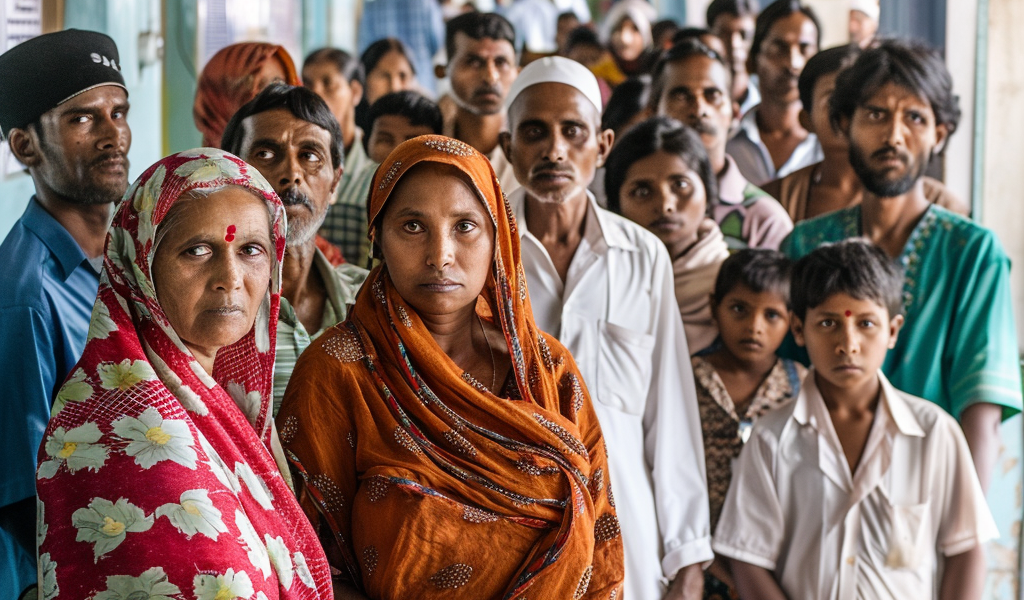Recent Studies Unveil Cancer Disparities in South Asia
A new series of studies published in The Lancet Oncology has shed light on the pressing public health challenges related to cancer control in South Asia. An international team led by the University of Pittsburgh has analyzed the situation in the eight nations that comprise the South Asian Association for Regional Cooperation (SAARC), which includes Afghanistan, Bangladesh, Bhutan, India, the Maldives, Nepal, Pakistan, and Sri Lanka. The research also focuses on the Rohingya refugee population in Bangladesh, highlighting the significant disparities in cancer outcomes and the urgent need for targeted solutions.
The studies, released on December 2, emphasize the importance of a coordinated approach to tackle the cancer burden in a region that is home to over 1.92 billion people. The authors of the papers call upon policymakers and stakeholders to adopt culturally sensitive strategies aimed at enhancing cancer prevention, screening, early detection, and treatment.
Despite lower cancer incidence rates in SAARC countries compared to global averages, the mortality rates remain alarmingly high. This discrepancy is attributed to the increasing rates of cancer due to late-stage diagnoses, primarily caused by a lack of early detection programs, limited access to treatments, and inadequate healthcare infrastructure.
Particularly concerning are the challenges faced by the Rohingya population, consisting of nearly one million individuals living in refugee camps in Cox’s Bazar, Bangladesh. The conditions in these overcrowded camps, characterized by limited resources and political barriers, exacerbate the cancer crisis.
Professor Saiful Huq, a corresponding author of the studies and a professor of radiation oncology at the Pitt School of Medicine, commented on the dire situation: “In the SAARC countries, we face a critical shortage of trained oncology professionals, limited health care infrastructure, and significant healthcare disparities between urban and rural regions. All these factors impact access to high-quality cancer care.”
He further emphasized the urgent need for effective interventions that span the entire cancer continuum, from prevention and diagnosis to treatment and palliative care. This need is particularly pronounced given that nearly a quarter of the world’s population resides in these countries.
The series of papers detail specific barriers faced by each SAARC country, while also identifying common challenges across the region. These insights are crucial for developing targeted strategies to improve cancer care and outcomes.
Among the most prevalent types of cancer in SAARC countries are lung, breast, oral, and cervical cancers. The rising incidence rates of these cancers highlight the critical need for enhanced awareness and healthcare services aimed at early detection and treatment.
In summary, the findings from this comprehensive research effort underscore the urgent need for a multifaceted approach to cancer control in South Asia. By addressing the systemic barriers and implementing culturally appropriate interventions, there is potential for significant improvements in cancer care and outcomes across the region.





